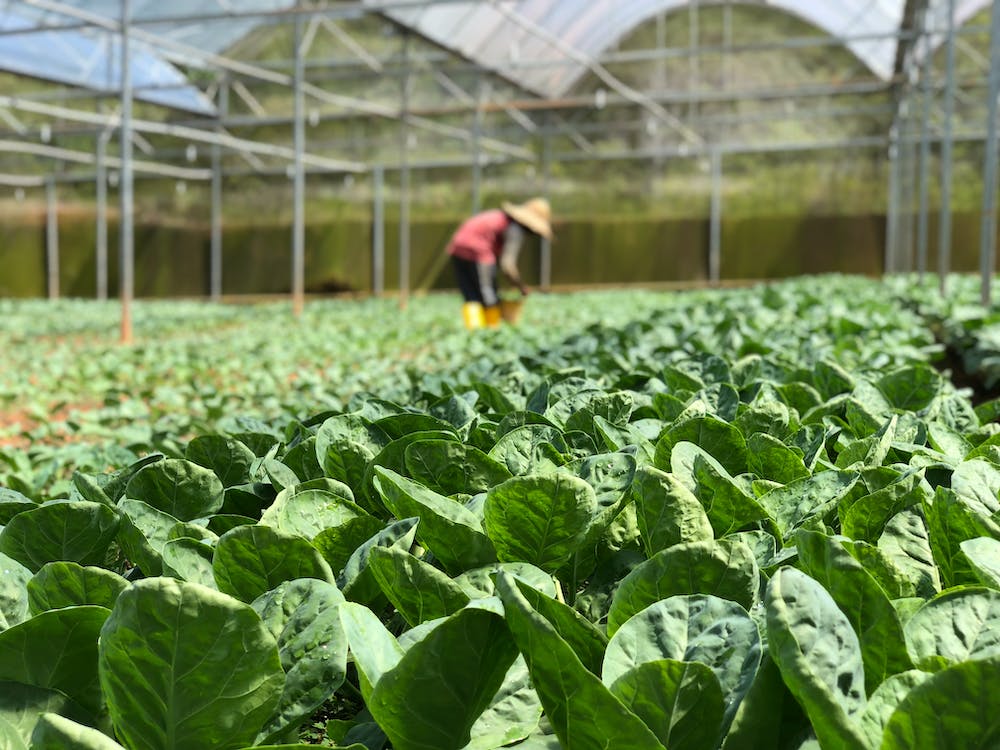The Importance of Horticulture in Indian can’t be overstated. Since 2012–13, horticulture production has overtaken the production of food grains, and it now makes up around 35% of the overall value of crops produced in the agriculture industry.
Horticulture comprises a wide range of activities such as the cultivation of fruits, vegetables, flowers, medicinal and aromatic plants, mushrooms, plantation, and forestry. Unlike Agriculture, Horticulture is not concerned with animal rearing. Horticulture is a sub-branch of agriculture. Horticulture plays a vital role in providing nutrition, and income security to millions of people in India
What is Horticulture?
Horticulture is an important branch of agriculture that deals with the cultivation of plants and vegetables for food, medicine, and other uses. It includes everything from growing flowers and vegetables in a backyard garden to raising crops in large-scale operations. Horticulture involves the study of plants, their growth and development, and how they interact with the environment.
Horticulture is a unique field of study, as it combines elements of botany, agronomy, soil science, and other aspects of plant biology. The main goal of horticulture is to ensure the production of high-quality, nutritious, and aesthetically pleasing plants, fruits, and vegetables.
Also Read: Scope of Agriculture Courses in India
Horticulturists are responsible for the selection and propagation of plants, the maintenance of soil quality, and the management of pests and diseases. Some of the most common crops produced by horticulturists include apples, oranges, grapes, strawberries, tomatoes, potatoes, and onions.
Horticultural practices can also include landscaping, which is the design and construction of gardens, parks, and other outdoor spaces. Landscaping includes such activities as planting and pruning trees, shrubs, and other vegetation. Landscaping can also involve the installation of irrigation systems, lighting, and other amenities.
The importance of horticulture in India:
- Horticultural crops play a vital role in providing food and nutrition security to the Indian people. They provide an important source of nutrition, especially to the rural and tribal populations. Fruits and vegetables are the major sources of vitamins and minerals in the diet of the Indian population.
- Horticulture is also a major source of income for farmers. It provides them with an opportunity to diversify their incomes. Horticulture is also an important source of raw material for the food processing industry. In India, a large share of the raw materials used for processing food products comes from horticulture.
- The importance of horticulture is also seen in its role in protecting the environment. The cultivation of trees and plants helps to absorb carbon dioxide, reduce air pollution and help to maintain soil fertility. It also helps to conserve water and conserve energy.
- Horticulture is also important for the development of the rural economy. It provides a way to generate income and employment in rural areas. Thus, it helps to reduce poverty and improves the standard of living of the rural people.
- Horticulture is a major provider of employment in India, particularly for women and the marginalized sections of society.
- The development of horticulture in India has led to the creation of several value-added products and services, such as processing and packaging facilities, which have helped to increase the competitiveness of the sector.
- Horticulture is also an important source of foreign exchange for India, with a significant portion of the country’s horticultural produce being exported to other countries.
- The government of India has implemented various policies and programs to promote the growth and development of the horticulture sector, including the National Horticulture Mission and the Horticulture Development Programs.
Faculty of Agriculture Sciences SGT University
The Faculty of Agriculture Sciences at SGT University offers a range of programs focused on the study of agriculture and related fields. The faculty provides students with a comprehensive education in the principles and practices of modern agriculture, including crop production, soil science, plant breeding, and more. With state-of-the-art facilities and experienced faculty, SGT University is amongst the best agriculture college in Delhi NCR, Haryana, and Gurugram.
To know more about the different undergraduate and postgraduate agricultural courses offered at SGT University, see here.




